 The 17th International Congress of Neuromuscular Disease will take place July 5-July 9 in Brussels.
The 17th International Congress of Neuromuscular Disease will take place July 5-July 9 in Brussels.
On Tuesday, we will have eight teaching courses and two hands-on courses (four hours each with a break in between).
The TC02 (TC02: Diagnosis and Treatment of GBS, CIDP and Autoimmune Nodopathies) & TC06 (Diagnosis of Inherited Neuropathies) are endorsed by the ICNMD/PNS Society
From Wednesday, the program includes a daily morning plenary followed by concurrent scientific sessions (22), workshops (12) and overarching sessions (11). Included are nine sessions for oral presentations and a special session for Regional Aspects of Neuromuscular Diseases – a joint WFN-ICNMD session.
Here are the titles of the four plenary sessions:
Wednesday, July 6 | Trial Readiness and Advances in Therapy in Hereditary and Inflammatory Myopathies
Thursday, July 7 | The ALS-FTD Overlap Syndrome
Friday, July 8 | Guillain-Barré Syndrome: State of the Art and Challenges (Endorsed by ICNMD/PNS Society)
Saturday, July 9 | New Developments in Diagnosis and Treatment of Myasthenia Gravis and Congenital Myasthenic Syndrome
Here is the link to the preliminary program: https://icnmd.org/program2022/
For more information, contact Barbara Bricalli, program manager of ICNMD 2022 via www.icnmd.org. •
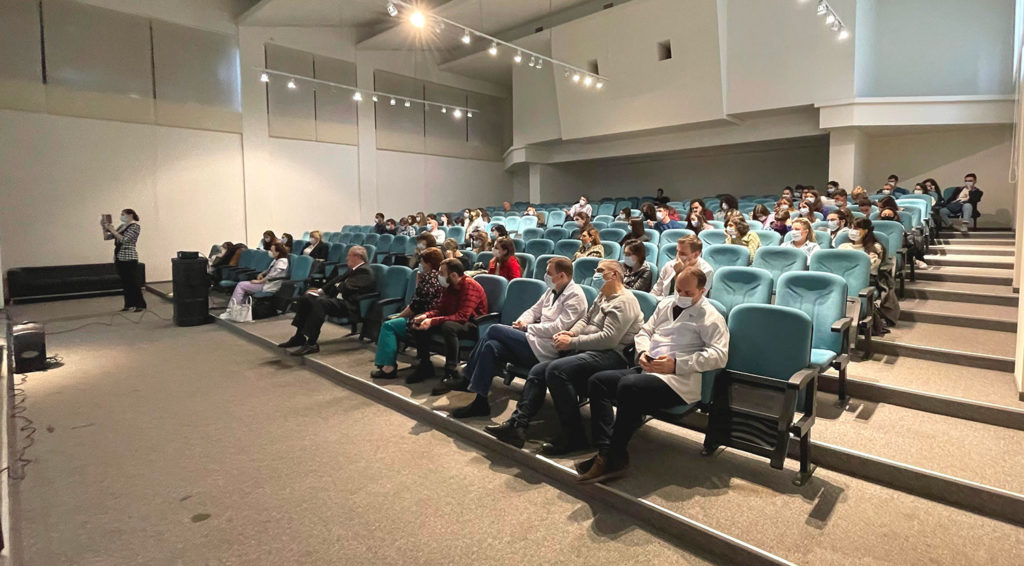
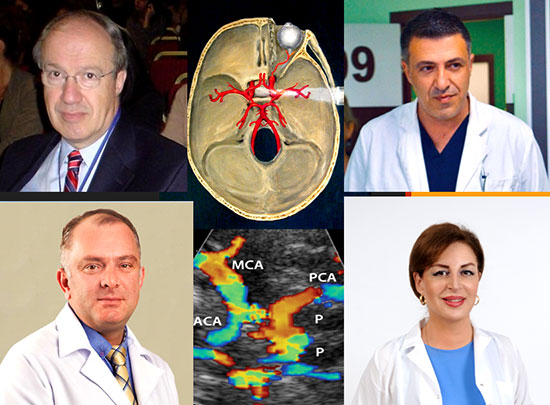
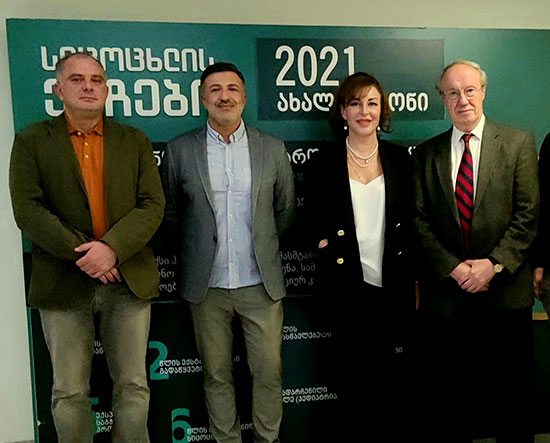
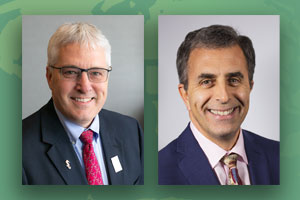
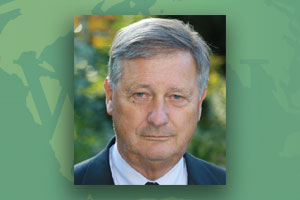 Dr. Kleihues was a world-renowned neuropathologist in the field of brain tumor research. Starting his scientific and professional career at neuroscience and neuropathology institutions in Germany, he later served as director of the Institute of Neuropathology at the university hospital in Zurich, and subsequently as head of the International Agency for Research on Cancer (IARC), World Health Organization (WHO). He took responsibility for the WHO classification of human tumors, and was particularly interested in the integration of clinics, radiology, histology, and molecular genetics as fundamental basis for comprehensive and precise tumor typing. His personal professional and scientific activities, in tight cooperation with Dr. Hiroko Ohgaki, left a sustainable legacy in brain tumor classification.
Dr. Kleihues was a world-renowned neuropathologist in the field of brain tumor research. Starting his scientific and professional career at neuroscience and neuropathology institutions in Germany, he later served as director of the Institute of Neuropathology at the university hospital in Zurich, and subsequently as head of the International Agency for Research on Cancer (IARC), World Health Organization (WHO). He took responsibility for the WHO classification of human tumors, and was particularly interested in the integration of clinics, radiology, histology, and molecular genetics as fundamental basis for comprehensive and precise tumor typing. His personal professional and scientific activities, in tight cooperation with Dr. Hiroko Ohgaki, left a sustainable legacy in brain tumor classification.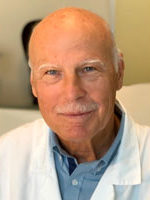
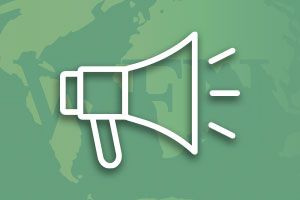 The WFN Specialty Group on Coma and Disorders of Consciousness is an important part of the Specialty Groups of the WFN.
The WFN Specialty Group on Coma and Disorders of Consciousness is an important part of the Specialty Groups of the WFN.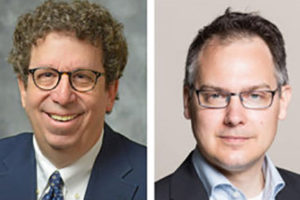
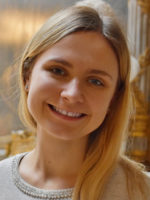
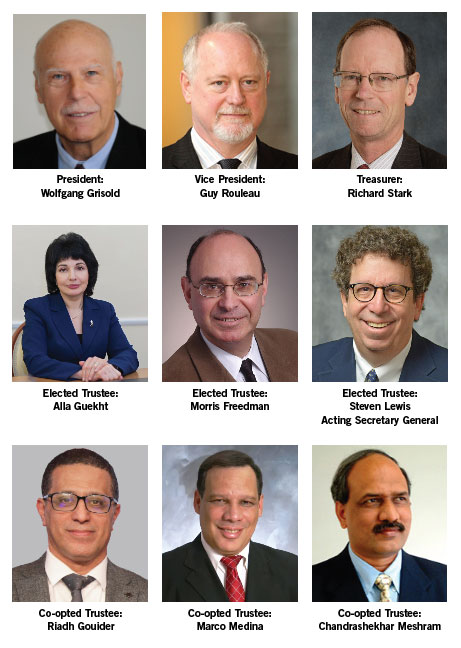 The roles and responsibilities of the WFN trustees are expansive and include everything from creating educational programs, to planning the biennial World Congress and overseeing all WFN charity and fiduciary responsibilities.
The roles and responsibilities of the WFN trustees are expansive and include everything from creating educational programs, to planning the biennial World Congress and overseeing all WFN charity and fiduciary responsibilities.